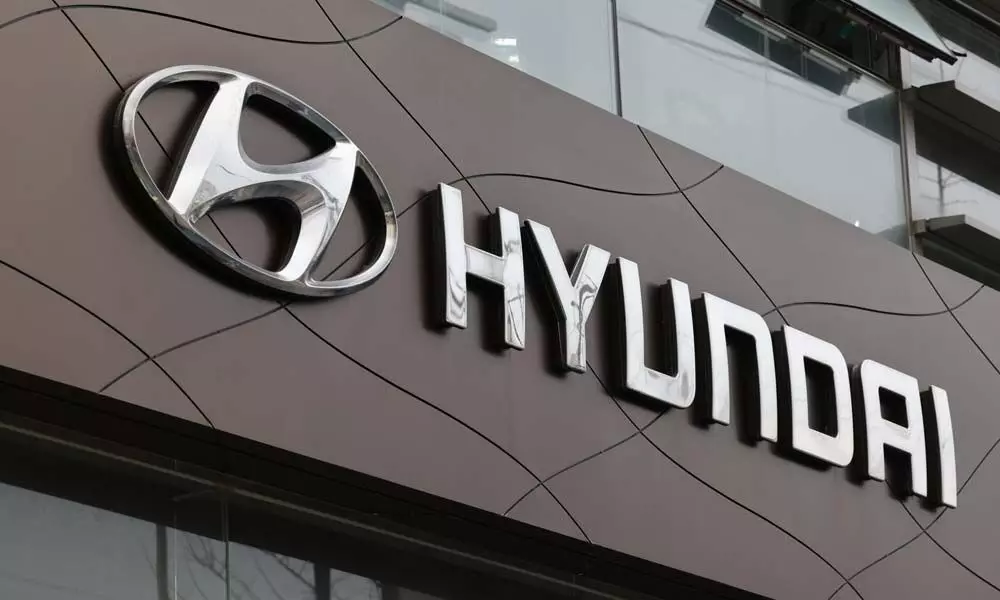Hyundai Mobis to invest up to $6.72 bn on auto chips, robotics

Hyundai Mobis to invest up to $6.72 bn on auto chips, robotics
Hyundai Mobis, the auto parts making unit of Hyundai Motor Group, plans to spend up to $6.72 billion in the next three years to bolster auto chips, mobility and other areas as its future growth drivers.
Seoul: Hyundai Mobis, the auto parts making unit of Hyundai Motor Group, plans to spend up to $6.72 billion in the next three years to bolster auto chips, mobility and other areas as its future growth drivers.
The company unveiled the plan in a recent regulatory filing outlining its updated policy to promote shareholder value, which included a plan to maintain the dividend payout ratio of 20-30 per cent for the fiscal 2022.
Of the envisioned eight trillion won plan, it will spend about 3-4 trillion won to boost its competitiveness in semiconductor, software and autonomous driving businesses, as well as new areas, like urban air mobility (UAM) and robotics, Hyundai Mobis said in the filing, reports Yonhap news agency.
The rest of the investment will be used for capital expenditures to ensure stable supply of core parts, including car components for electric vehicles, it said.
Hyundai Mobis will also spend around 330 billion won to buy back its own shares, of which 62.5 billion won of shares will be cancelled, the company said.
Hyundai recently announced its sales fell 12 per cent last month from a year earlier amid global chip shortages.
Hyundai Motor sold 2,82,204 vehicles in January, down from 3,21,068 units a year earlier, the company said.
Sales in South Korea declined 22 per cent to 46,205 units from 59,501 during the period, as the lack of semiconductor parts continued to affect vehicle production and sales, the statement said.
Overseas sales also dropped 9.8 per cent to 2,35,999, from 2,61,567 amid the extended Covid-19 pandemic, it said.








